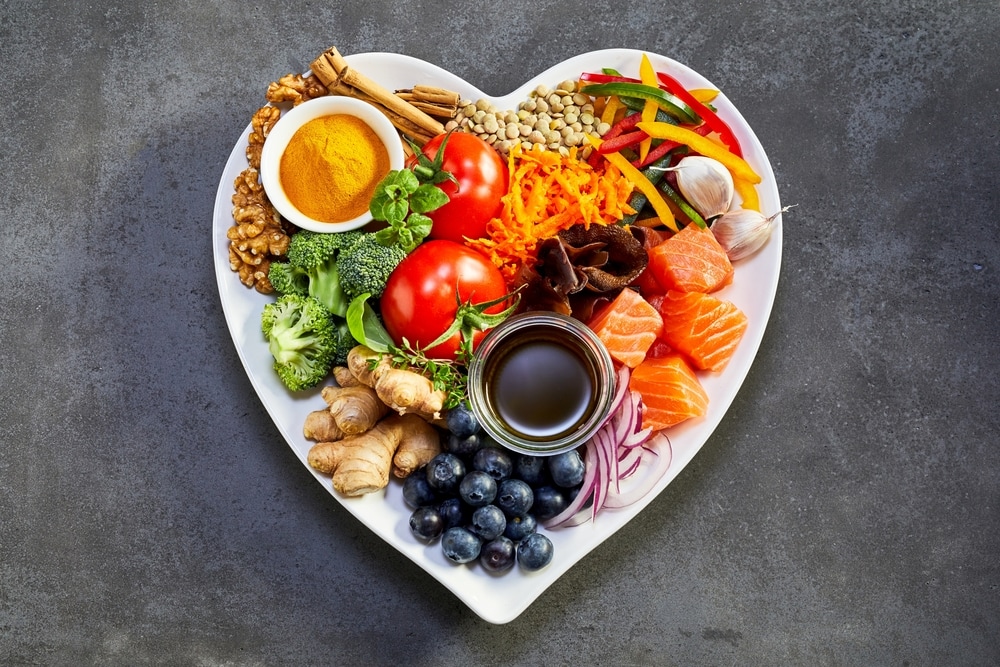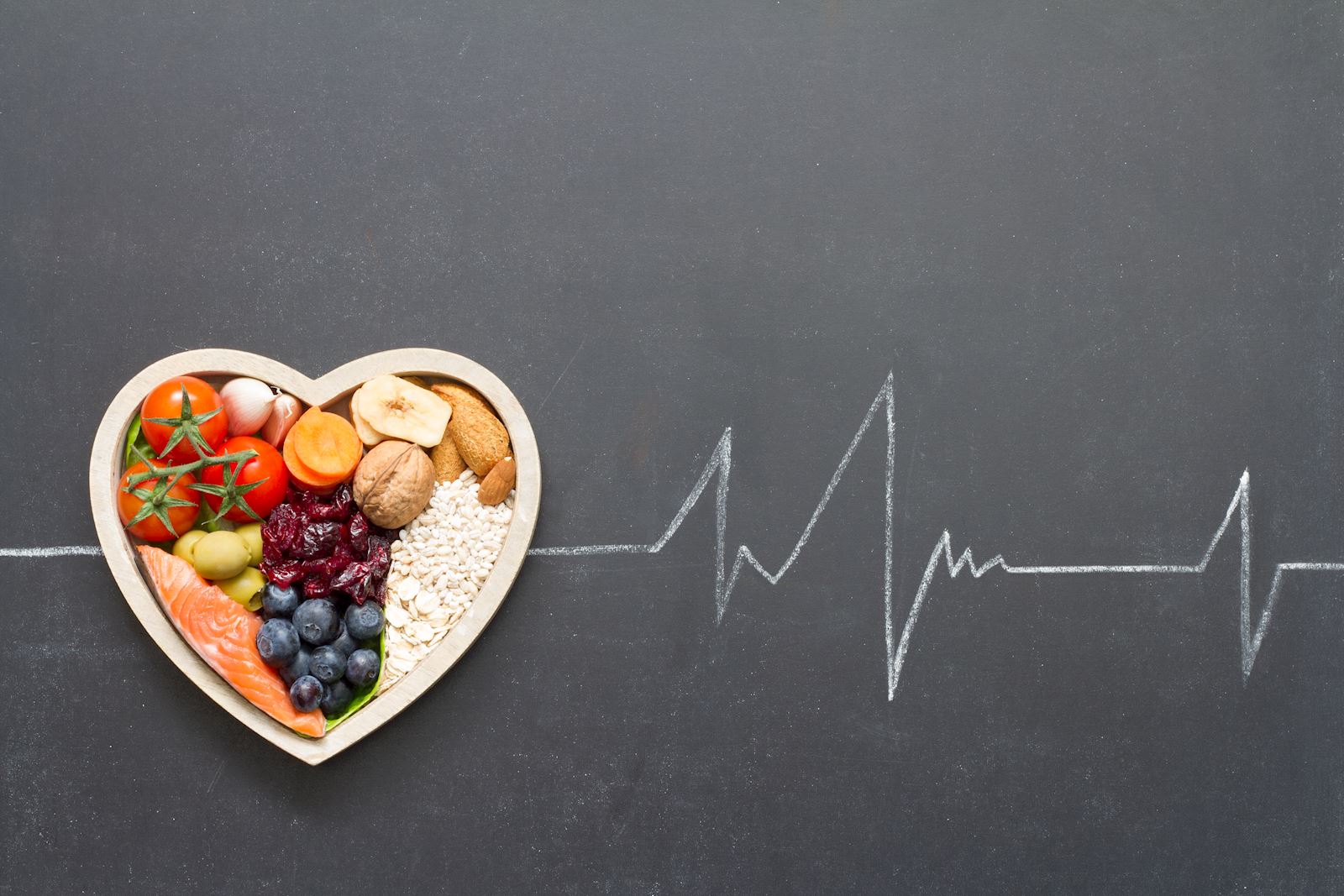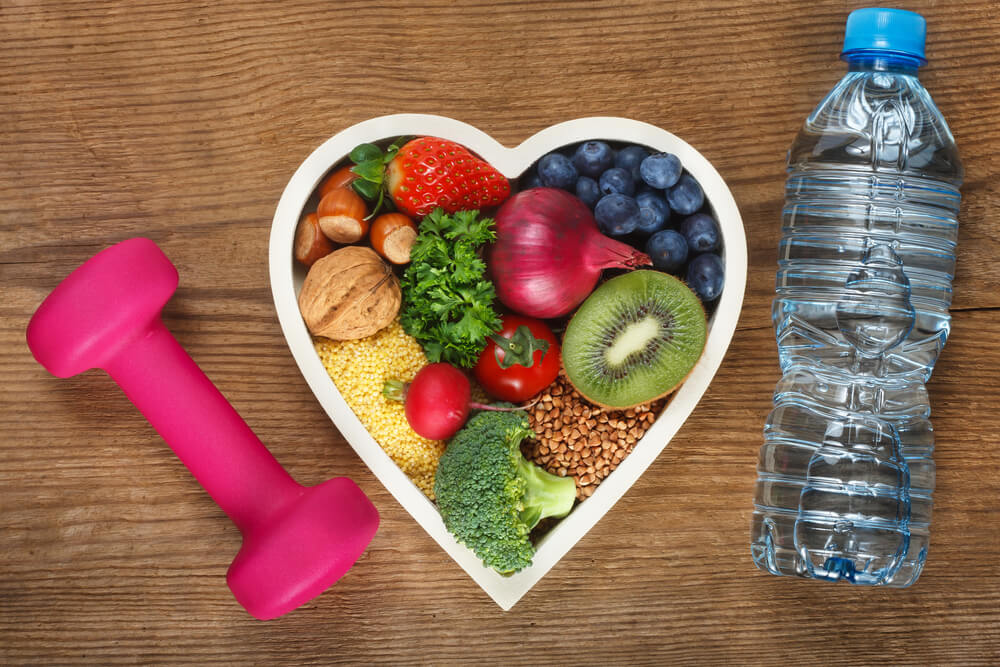If you’re managing chronic heart disease or wish to protect your heart health, one of the most important lifestyle changes you can make is eating a more well-rounded diet. Adding beneficial, heart-healthy options to your meals can help strengthen your heart and reduce your risk of a heart attack or stroke.
To give your daily diet a boost, try adding these five nutritional powerhouses to your plate
1. Cauliflower
Naturally high in fiber and B vitamins, cauliflower is a low-calorie vegetable that has become a fan favorite in recent years. Cauliflower is a good source of antioxidants and choline which helps reduce blood pressure and keep the heart and blood vessels healthy. Along with being eaten raw or steamed, it can also be an easy ingredient replacement for rice, mashed potatoes, pizza crust and even “steak.” Just hold the cheese sauce that might have topped your cauliflower back in the day.
2. Citrus fruits
In addition to delivering a large dose of vitamin C and fiber, citrus fruits also support heart health through a host of vitamins and minerals like potassium, folate and magnesium. They also contain antioxidant compounds called flavonoids that researchers believe help lower blood pressure and protect your heart.
Along with oranges and grapefruits look for easy-to-peel tangerines, blood oranges, pomelos, and yuzu — a combination of mandarin orange and grapefruit. Try avoiding bottled citrus juices, as these tend to be high in sugar.
Quick ways to enjoy citrus fruits:
- As a snack
- Added to a salad
- Blended in a smoothie
3. Chickpeas
Chickpeas, also known as garbanzo beans, are legumes rich in protein, fiber, and heart-healthy vitamins and minerals like potassium, iron, B vitamins and magnesium.
With their nutty, savory flavor, chickpeas are very versatile and can be found in many forms:
- Canned
- Blended into humus
- Dried into crunchy snacks
- Milled into flour, pasta and cereal
Be sure to read the labels and check the sodium level on your chickpea of choice.
4. Oats
Long known as heart-smart food packed with soluble fiber, oats deliver many heart-healthy benefits, like lowering your cholesterol. In recent years, oat milk has gained popularity as a milk alternative because it’s dairy-free, contains protein and fiber, and is usually fortified with Vitamin D and calcium. Opt for unsweetened oat milk to keep your sugar levels in check.
Breakfast idea:
If you’re looking for a delicious, fiber rich and filling breakfast that helps lower your cholesterol, try overnight oats.
To prepare:
- Mix steel-cut or old-fashioned oats with water or your favorite milk
- Refrigerate overnight
- In the morning, top the oats with fresh fruits and nuts
5. Seeds
Tiny but mighty, seeds vary in their nutritional value, but most are excellent heart-healthy choices to add to your meals. Consider packing seeds with you for a filling snack in between meals or while you’re on the go.
Chia seeds, found raw and mixed into cereals and puddings, contain protein, healthy omega 3 fatty acids and fiber.
Flaxseeds have a similar nutritional profile and are excellent sprinkled on salads, cereals, yogurt and casseroles.
Snackable pumpkin seeds (or pepitas) contain fiber, protein, and phytosterols which can help reduce cholesterol.
Mom's Meals® can help
Being heart smart doesn’t mean you’ll give up tasty, enjoyable meals. There are so many ways to add flavorful, vitamin-packed foods to your daily routine that can help improve your overall cardiovascular health. If you’re looking for convenient and nutritionally tailored meals, including many heart-friendly choices, Mom’s Meals has many delicious meal options to fit your needs.



